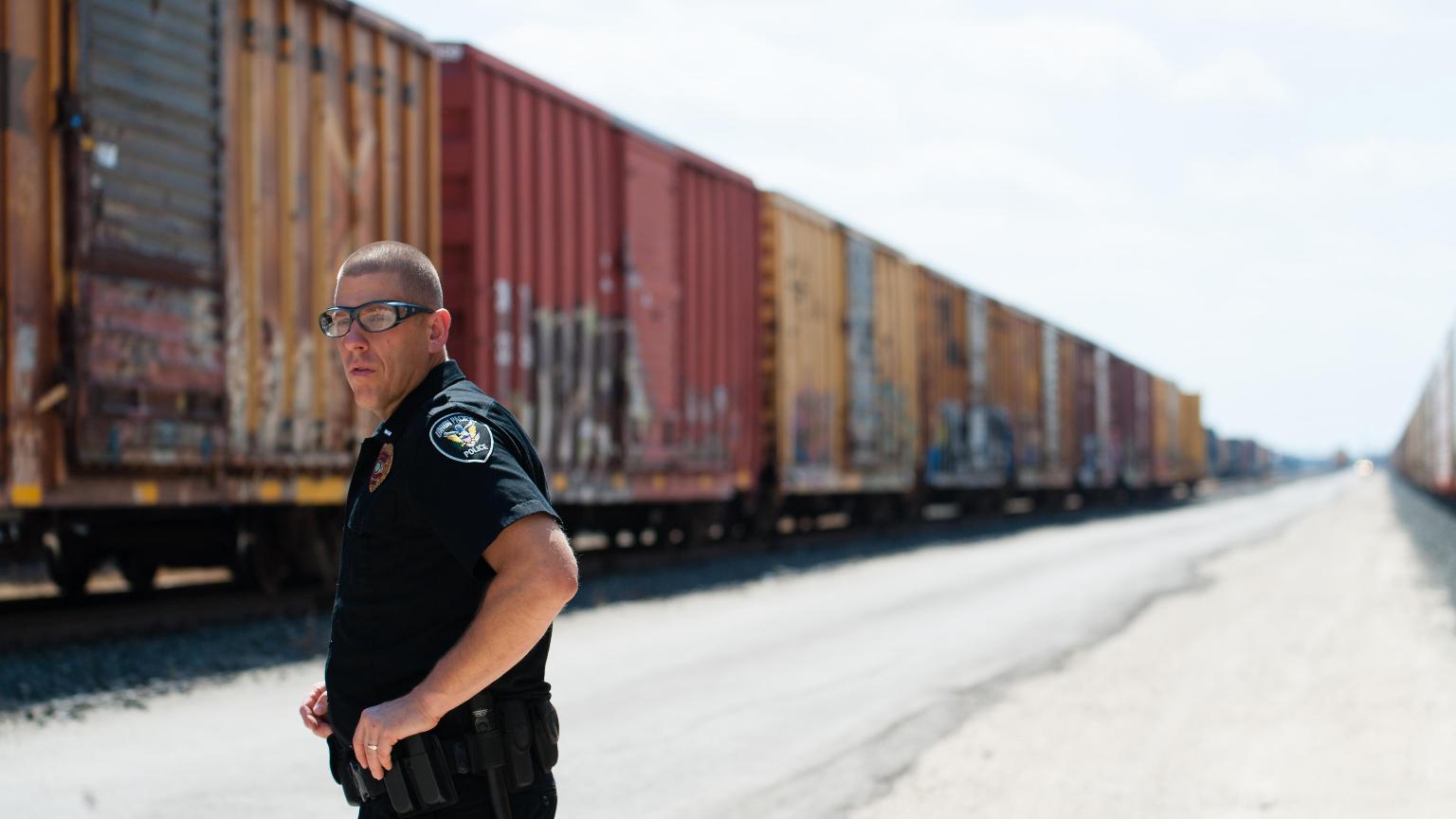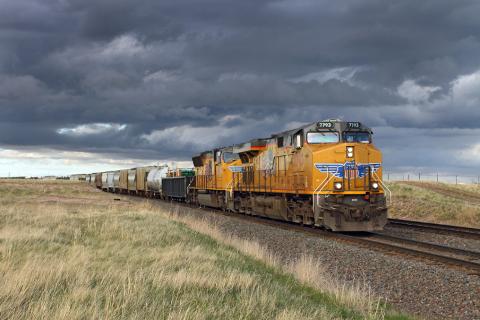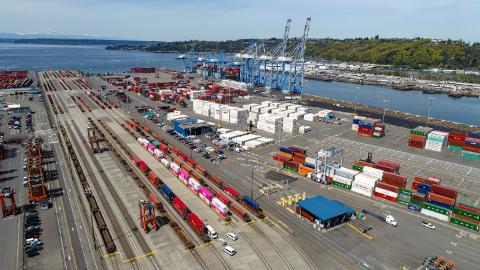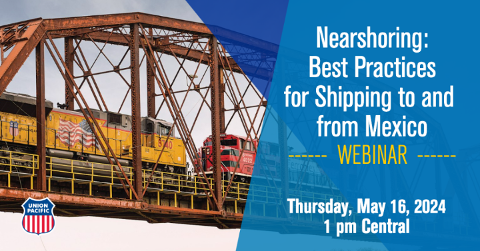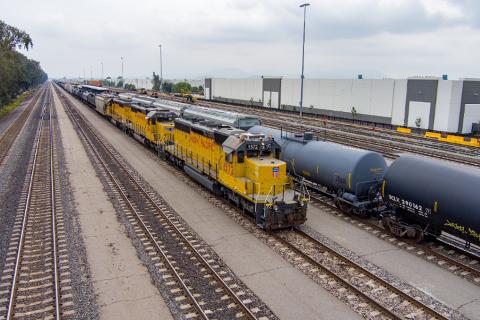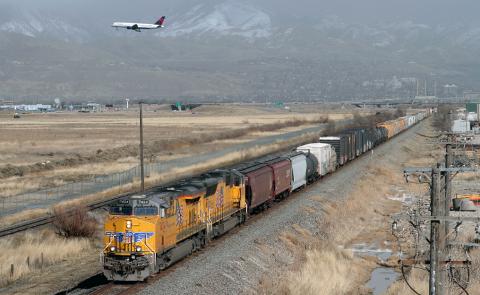Creating A Railroad Police Force
The railroad police force dates back to the mid-1800s, when the number of U.S. Marshals was insufficient to police America's growing rail network. As the number of railroads increased and communities grew around them, so did issues such as theft, vandalism, robberies and trespassing. Local law enforcement agencies often did not exist, or if they did, they didn’t have the resources to handle, and railroads were left to step in.
Union Pacific’s geography further complicated policing logistics. Vast distances in states like Wyoming and Utah, with towns spaced 25-50 miles apart, made Union Pacific trains targets for bandits and robbers who knew the railroad was transporting payrolls, mail and wealthy travelers.
By the 1870's, Union Pacific, Denver Rio Grande, Santa Fe, Southern Pacific, and the St. Louis and San Francisco railroads all had their own railroad police working in these desolate areas. By 1889, Union Pacific had established its own “Secret Services Department.”
Today, the Union Pacific Police Department Special Agents are responsible for all Union Pacific locations across 32,000 miles of track in 23 states. Its success has served as a model for national crime management; the U.S. Federal Bureau of Investigation’s creation in 1907 was closely tied to the Union Pacific Police Department's approach.
The Role of Special Agents
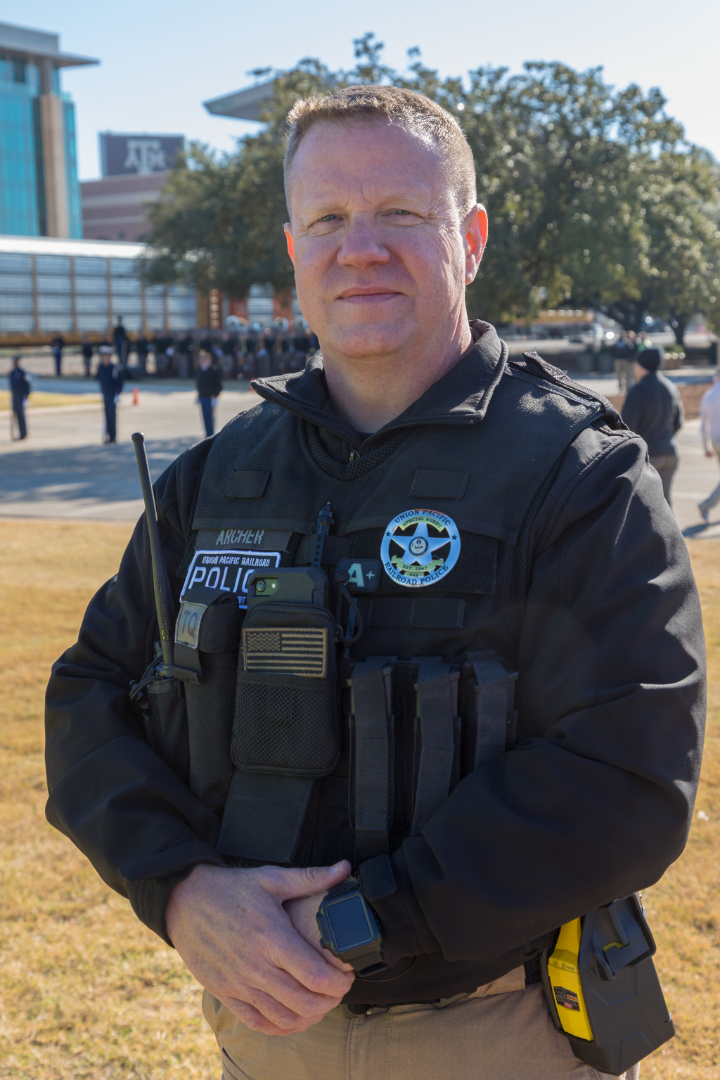
UP Senior Special Agent Darin T. Archer provides public safety support two days before the arrival of the UP 4141 Bush Funeral Train in College Station, Texas.
The role and importance of special agents has only increased over the past century. Railroad police are certified state law enforcement officers with investigative and arrest powers both on and off railroad property in most states. They also have interstate law enforcement authority and can enforce federal law.
These agents investigate crimes involving trespassing on railroad rights of way, theft of railroad property and threats of terrorism. Union Pacific also utilizes special units to handle a variety of emergency situations, including the formation of Special Operations Response teams, Anti-Terrorism units, Executive Protection officers, Hazardous Material agents, and even officers trained in medical and firefighting techniques.
Union Pacific’s police and the railroad’s Response Management Communications Center (RMCC) have both achieved and maintained accreditation through the Commission on Accreditation for Law Enforcement Agencies (CALEA) by demonstrating compliance with the highest law enforcement and communication center standards. Only a small percentage of U.S. law enforcement agencies and emergency communications centers have achieved the gold standard of CALEA accreditation.
Keeping Our Customers and Communities Safe
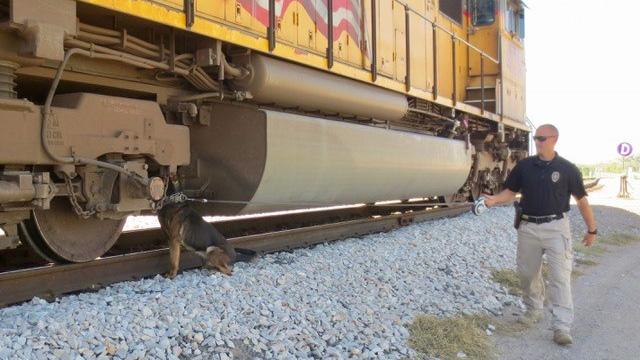
Union Pacific special agent assisted by a police K9 performs a physical inspection at the border.
Special Agents help protect and monitor customer goods, especially in urban areas. They inspect and monitor trains operating within the system and may use police K9s to assist. Agents often work with local law enforcement to investigate public safety incidents on railroad property. Union Pacific’s police force also coordinates security efforts with a number of agencies, including U.S. Customs and Border Protection (CBP), the U.S. Coast Guard, the Federal Bureau of Investigation, the Central Intelligence Agency, the Department of Homeland Security and the Transportation Security Administration.
Union Pacific’s RMCC is responsible for police dispatch and coordinating responses to emergency and non-emergency incidents across the railroad’s network. RMCC Critical Call Dispatchers dispatch Union Pacific Special Agents, Hazmat Managers, and other personnel, and communicate with local law enforcement and public safety representatives throughout the entirety of incidents.
The public can report emergency incidents including life safety concerns, vehicles stopped on railroad tracks, hazardous materials releases, criminal activity in progress, fires, and other incidents requiring emergency response, by contacting the RMCC at 1-888-UPRRCOP (877-7267). Online reporting of non-emergency incidents is available at UP.com/NotifyUP.
Learn More
Want to learn more about shipment safety? Get in touch. We’d be happy to answer your questions.
If you’re interested in learning more about the history of the Union Pacific Railroad police force, you can visit the Law & Order on the Railroad exhibit at the Union Pacific Railroad Museum in Council Bluffs, Iowa, on display through August 2024.

